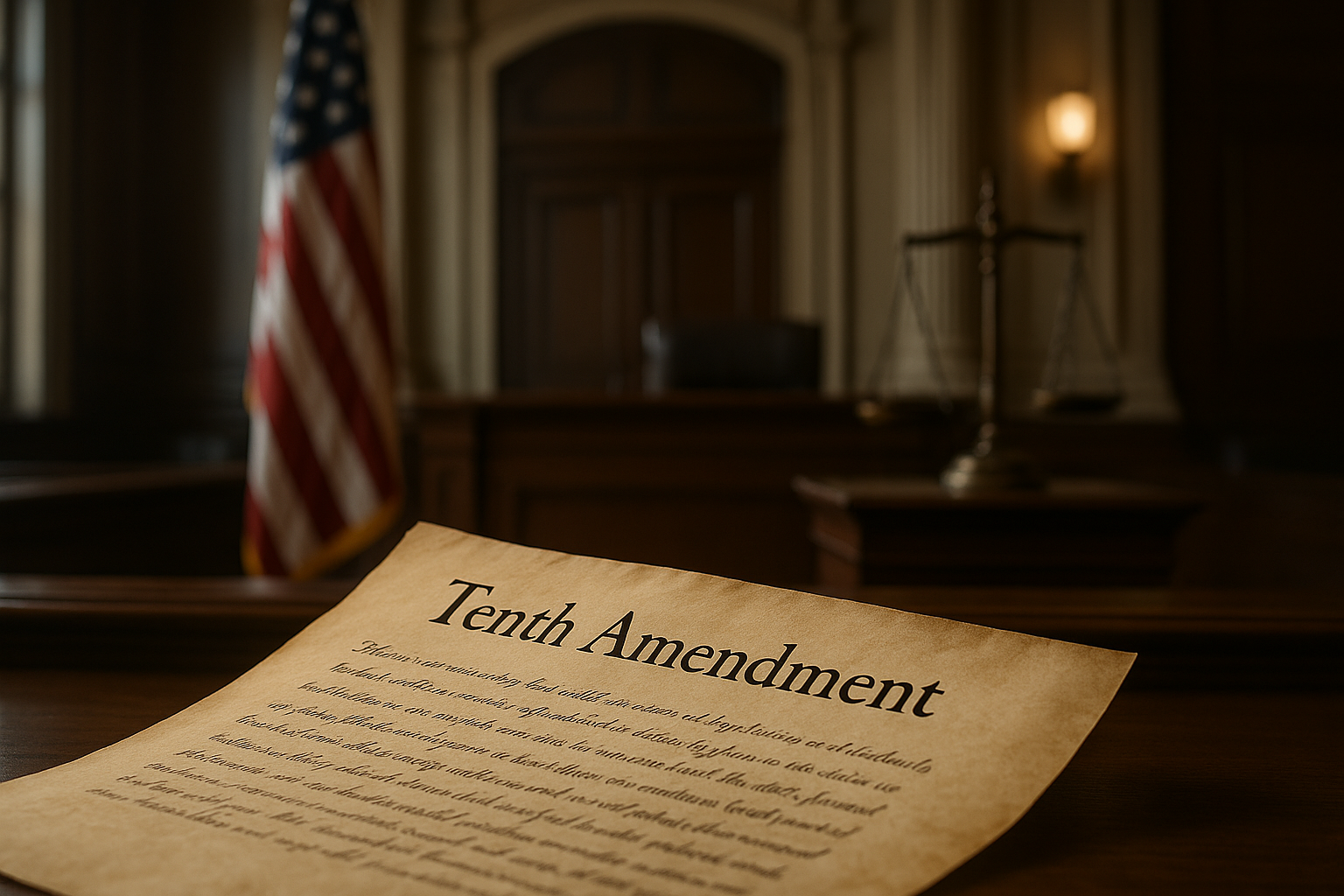The Influence and Interpretation of the Tenth Amendment in Modern America
Introduction: The Tenth Amendment to the United States Constitution has long been a subject of debate and interpretation. As the country evolves, so too does our understanding of this critical piece of legislation. This article will delve into the history, implications, and modern discussions surrounding this amendment.

Historical Context of the Tenth Amendment
The Tenth Amendment, ratified in 1791, concluded the Bill of Rights. It states: “The powers not delegated to the United States by the Constitution, nor prohibited by it to the States, are reserved to the States respectively, or to the people.” Essentially, it was designed to keep a balance of power, assuring states they retained sovereignty and liberties not explicitly granted to the federal government.
Interpretation and Legal Developments
Over the centuries, the interpretation of the Tenth Amendment has fluctuated, with two primary schools of thought emerging. The “dual federalism” interpretation posits that the federal and state governments are equal but separate entities, each with their distinct spheres of authority. Conversely, “cooperative federalism” suggests that the two levels of government can and should work together, sharing power and responsibilities.
Modern Discussions and Relevance
The Tenth Amendment remains relevant today, particularly in debates surrounding the balance between state and federal power. Issues such as healthcare, education, and gun control often see the Tenth Amendment invoked. The COVID-19 pandemic has also brought it to the forefront, as states grapple with their authority versus federal mandates in managing public health crises.
Implications and Impact on Society
The Tenth Amendment’s interpretation directly impacts the power dynamics between state and federal governments and the rights and liberties of the American people. It can determine who has the authority to enact and enforce laws in key policy areas, affecting the lives of citizens on a daily basis.
The Future of the Tenth Amendment
The interpretation of the Tenth Amendment will continue to evolve as society changes. It is vital for citizens to stay informed about these shifts and their potential implications. Understanding the Tenth Amendment is a key component of understanding the broader American government system and the balance of power inherent within it.
In conclusion, the Tenth Amendment, while brief and seemingly straightforward, bears tremendous significance in shaping the United States government and its interaction with the states. Its interpretation and application continue to influence American law and policy, making it a crucial subject for ongoing analysis and public discourse.




